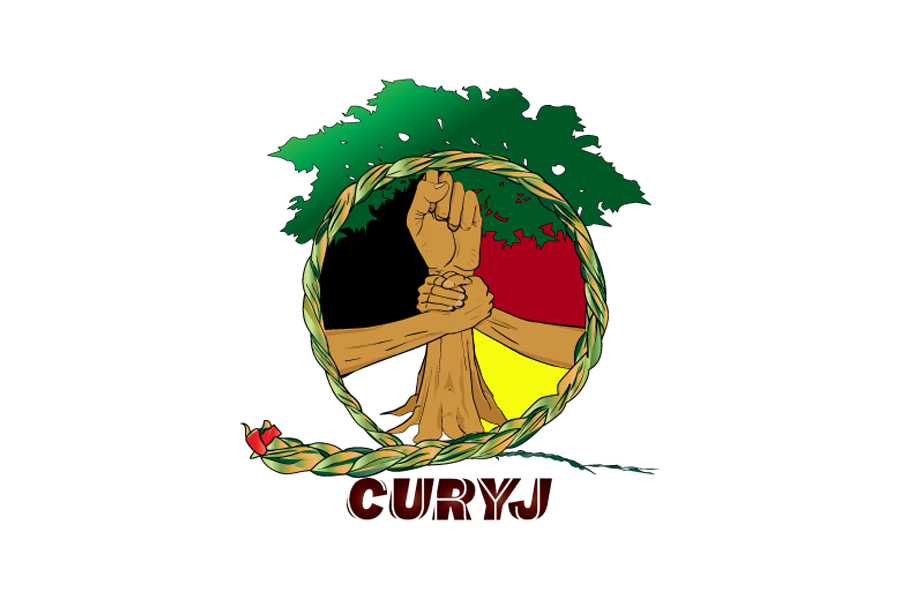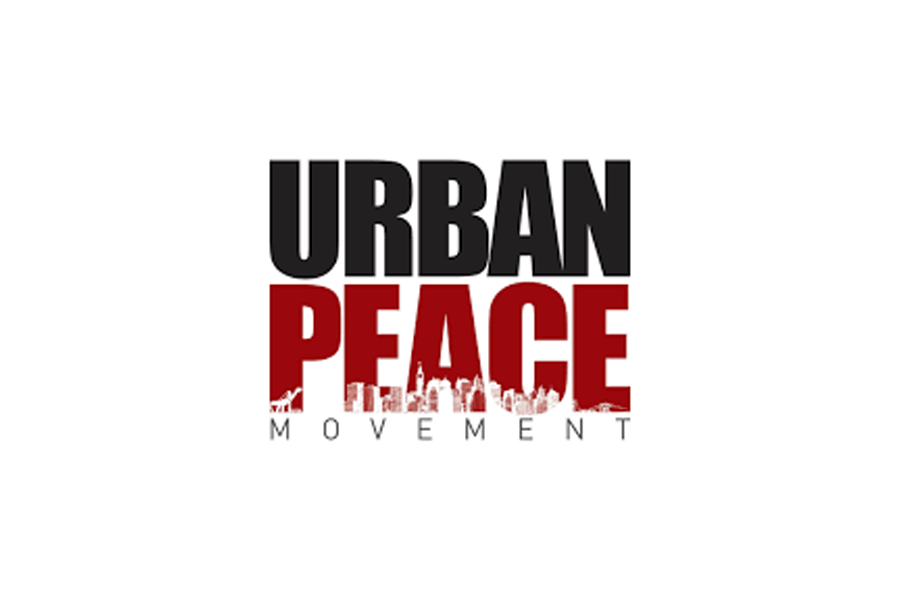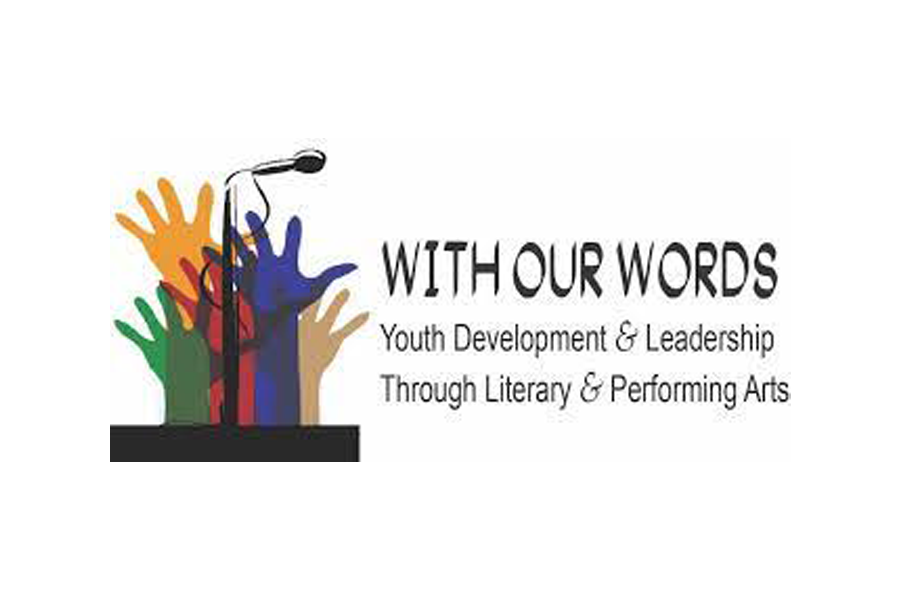RACIAL PROFILING • POLICE BRUTALITY • SCHOOL TO PRISON PIPELINE
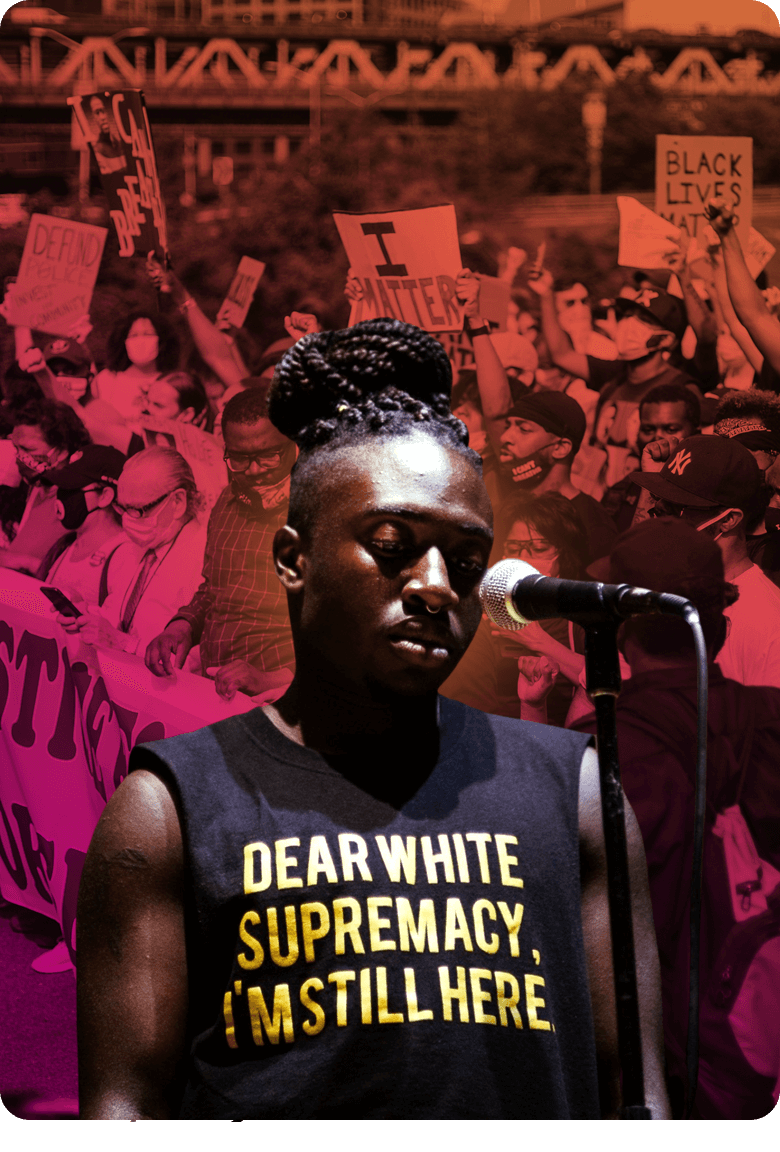
Problem
BIPOC youth are disproportionately impacted by state-sanctioned violence and targeted by the growing criminal justice system leading to higher rates of incarceration, societal criminalization, and death
Data
“In 2013 Black youth were 4.8 times more likely; Native American youth were 3.3 times more likely and Latino youth were 1.7 times more likely to be incarcerated than White youth."
-Dr. Arash Daneshzadeh


Solution
In the face of reckless disregard for the lives of young people, Arresting Life calls for an end to dehumanizing engagements and the enforcement of a punhisment society at the hands of the police.
Arresting Life designed a national public awareness campaign led by artists to:

Shift the national conversation about crime to include an analysis of poverty, racial profiling, and wealth inequality
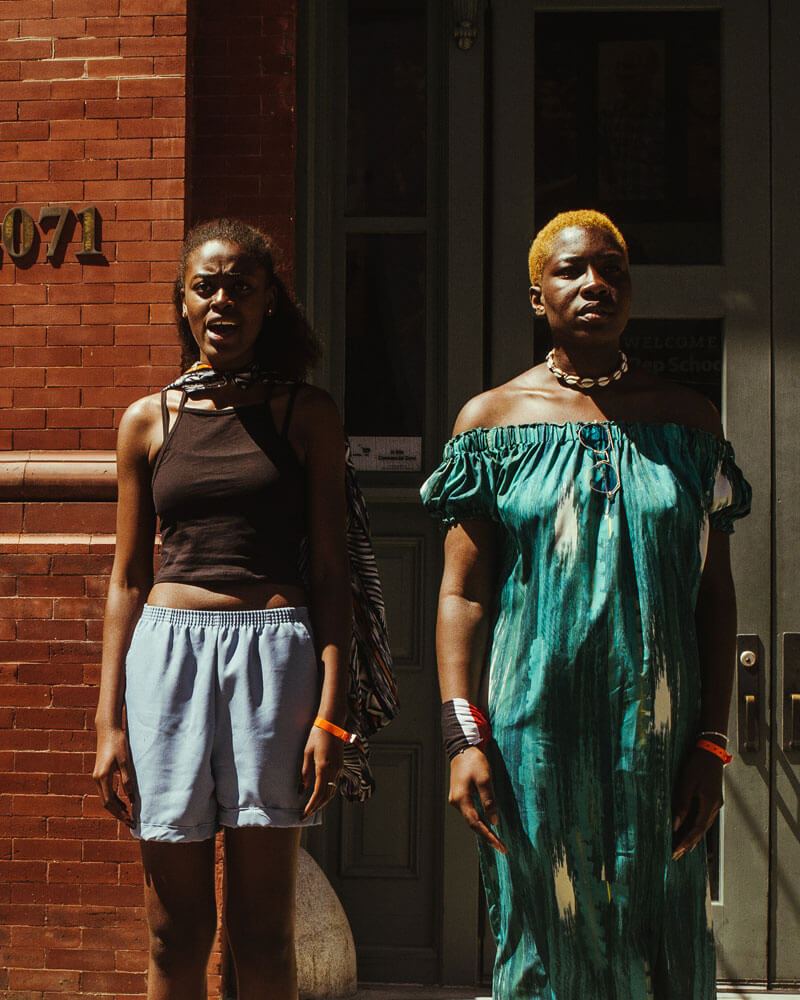
Amplify the stories of people and communities negatively impacted by hyper-policing and police brutality as a result of profiling
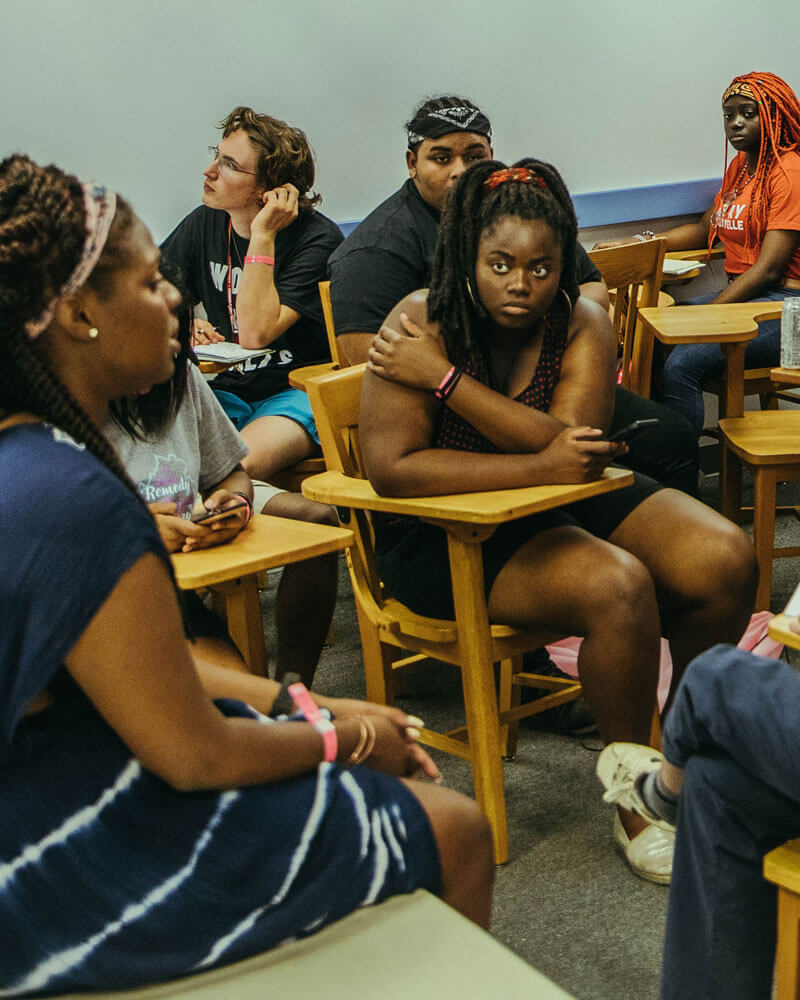
Engage young Black and Latinx youth in workshops designed to create new narratives about police violence and racial profiling that centers those proximate to the issue

Co-create open-source educational materials with data-backed source information on racial profiling and violence at the hands of law enforcement
Stories
Each story is a commentary on failed systems and institutions that channel young people from poor communities primarily of color, to the prison system, or to the grave.
Healing Through Theater
Police Brutality Awareness
Educational Resources
The video addresses how art and live performance can activate community-based healing through excerpts from the play and statements from I Want To Live project director, Paul Flores, cast member Luis “Xago” Juarez, and lead consultant, Alex Sanchez, whose life story the play is loosely based on.
This video features 17-year-old Oakland native, Obasi Davis — Youth Speaks BNV champion and the 2013 Oakland Youth Poet Laureate. Here, Obasi uses personal narrative to reflect on the disposable nature of a Black Man's life.
Outcomes
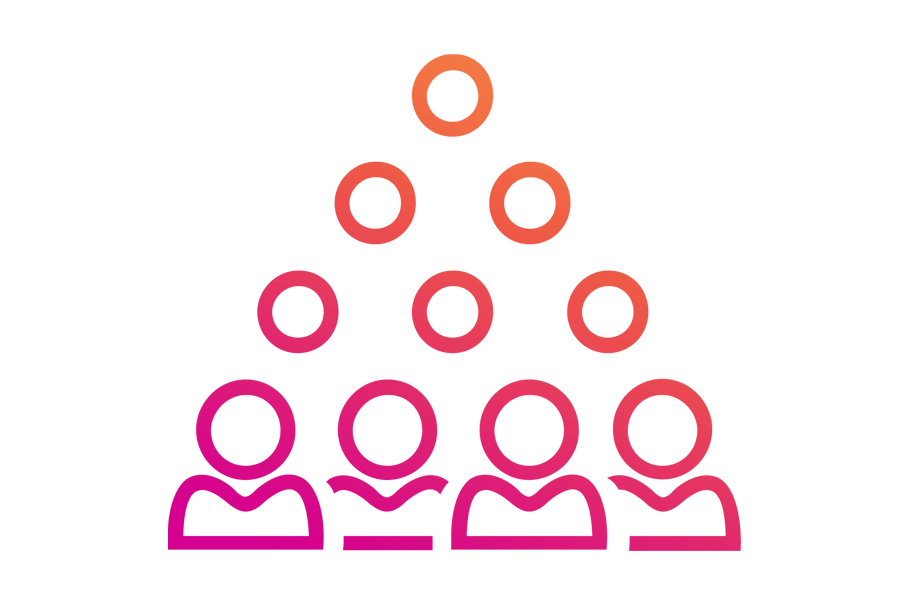
405 youth engaged

140 testimonies documented

54 individual creative films produced

40 poems by justice-impacted youth published in partnership with the Beat Within
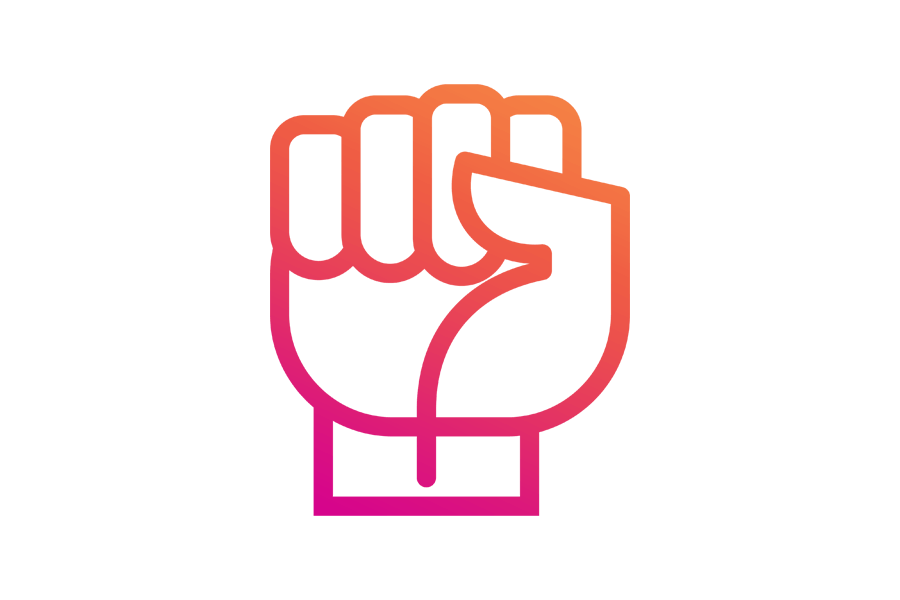
100 young people incarcerated at San Mateo Juvenile Hall engaged with by The Beat Within

Community-driven conversations and workshops in the form of story circles held in Oakland and Stockton with Arresting Life curriculum




